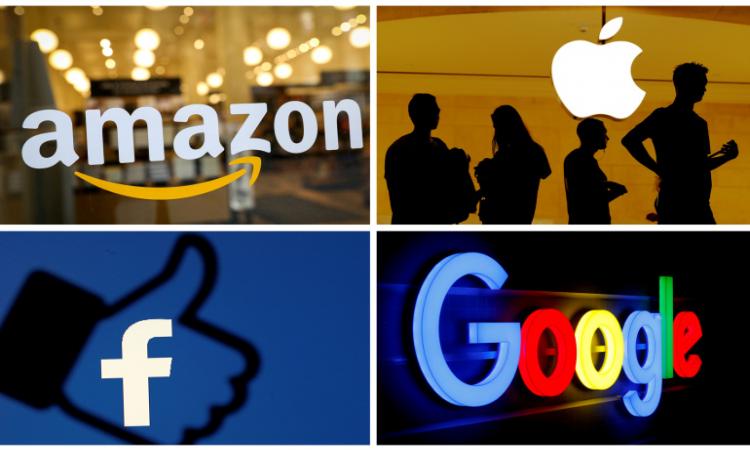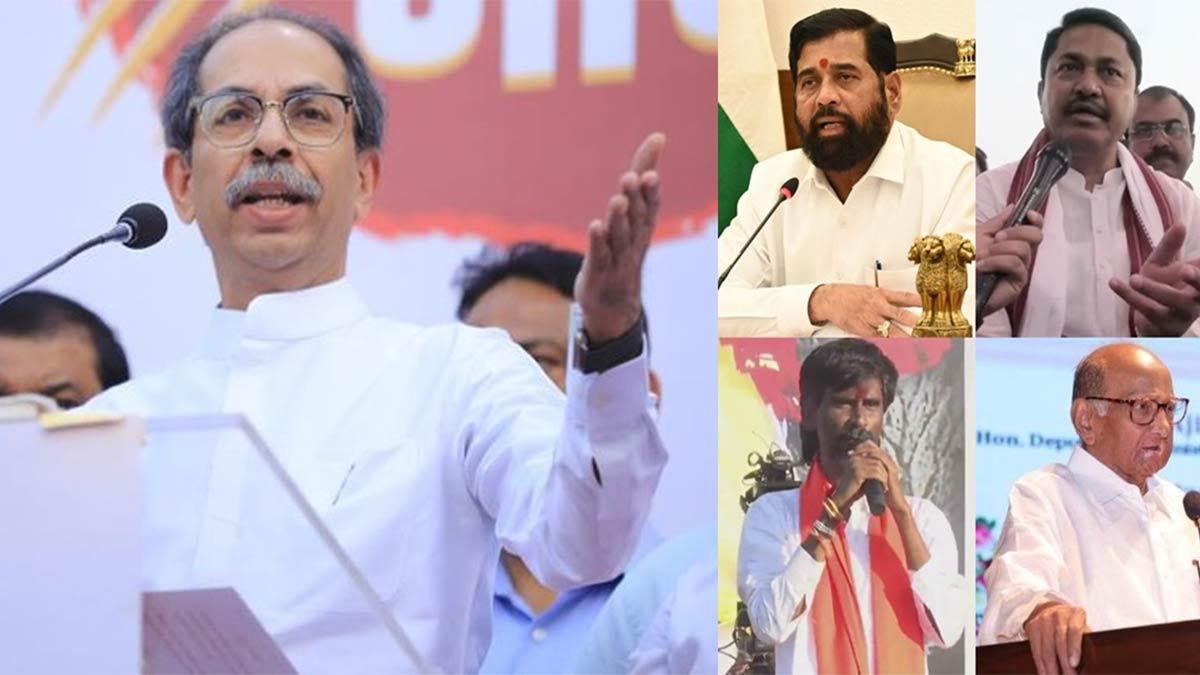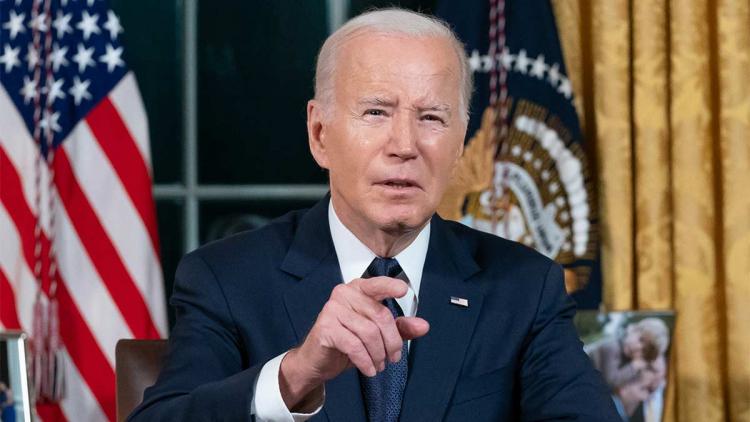During the pandemic, even though most businesses forcefully shut down, technology companies enjoyed great benefits. Stuck at homes, the demand for their products and services reached an all time high, with stock prices increasing simultaneously. Users had to rely on technology as several services were required from home. Amazon CEO Jeff Bezos alone saw his net worth rise by $70 billion in 2020. So, while it may seem that Silicon Valley is flourishing from the outside but behind-the-scenes story is not as rosy.
Is the continued success of Big Tech drawing to its close?
Following numerous controversies involving Mark Zuckerberg and Facebook, Whatsapp and YouTube among others, Silicon Valley has been riding a rough tide. Allegations pertaining to market dominance and anti-competitive practices against Google recently surfaced, Facebook was blamed with privacy violations and widening the political divide whereas Whatsapp has faced backlash for spreading fake news and mob violence.
Big Tech is dealing with intense political contention that holds the potential of overturning these businesses. Regulators have traditionally been warm towards technological companies but in light of recent developments those days seem far-reaching. Following numerous controversies involving Mark Zuckerberg and Facebook, Whatsapp and YouTube among others, Silicon Valley has been riding a rough tide. Allegations pertaining to market dominance and anti-competitive practices against Google recently surfaced, Facebook was blamed with privacy violations and widening the political divide whereas Whatsapp has faced backlash for spreading fake news and mob violence.
Even though things might smoothen in the US after the incoming of moderate Biden administration but problems are far from over. A Democrats led committee recently made a proposal limiting the powers of Big Tech promoting antitrust laws, in order to break the monopoly power being attained by these tech giants. Despite acknowledging the benefits of these companies, regulators have realised the costs of dominance possessed by them.
Tech giants were earlier known to follow moral obligations on their own and take up the responsibility to prevent extremist content and protect user privacy. But as market share and net worth of these giants increased, they're continuously becoming more reckless in their approach. The trust with which these giants built up has been broken, as can be seen by Mark Zuckerberg's tarnished reputation as an earlier universal tech icon.
One of the reasons for this mistrust can be traced to the fear of too much power being in too few hands. Mainly five giants, Amazon, Google, Facebook, Apple and Microsoft have been in the lead of a tech revolution that the world experienced in the last two decades. Hence, the growing consensus that allowing so much power to rest in the hands of a few billionaires can be damaging, seems natural.
Not just the administration but even the general public is now very much aware about the downsides of technology and online platforms. Users do not tend to remain oblivious towards the costs, several having been badly influenced by online content or being cyberbullied. With many findings and even documentaries coming out about the toxic side-effects of social media, Big Tech is subjected to public scrutiny now more than ever.
Tech giants that once stood for innovation and creativity have now seemingly turned to power-hungry corporations with trust issues. Even though the beginning of a new decade means endless avenues opening up, especially in technology, but the way ahead for Big Tech and Silicon Valley looks blurred, from the vision of both regulators and users all over the world, not just US.


















